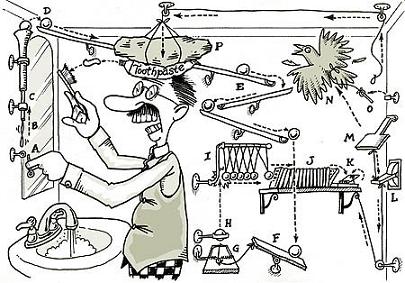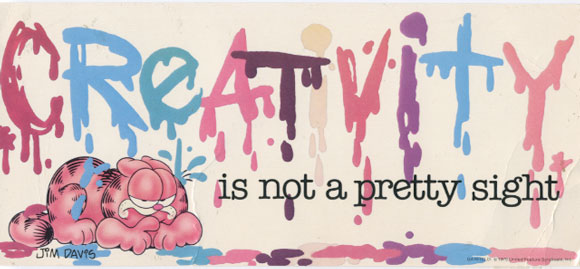Today, class, let’s consider grammar. People are way too uptight about it.
For 30 years, people have been sending me information for our denominational publications–magazine, newsletters, websites, promotional pieces, etc. Thousands of items over the years, from brief news articles to full-blown essays.
Very frequently they include an apology–“I’m sure you’ll find some grammar mistakes. I’m not good with that stuff. Please feel free to correct my mistakes.” I’ve heard such advance apologies scores and scores of times. People are very insecure about their use of the English language, and perhaps view me as a condescending English teacher eager to rap their knuckles.
But here’s what I’ve found: people are pretty good with grammar. Really, they are. I rarely find grammar mistakes. People have that stuff down pretty well. But apparently, the fuddy-duddies in their past so emphasized the complexities of the English language, with nonsense like sentence diagramming, that they are convinced they mess up continually without even realizing it.
It’s like praying, “God, I can’t think of any sins I committed today, but I’m sure there are some, so please forgive me.”
The fact is, thanks to technology, people in general write more than ever before. Ordinary folks regularly expound on this and that via blogs, discussion forums, Facebook, and other platforms. Everybody wordsmiths. Look around, and you’ll find numerous blogs by regular people–housewives, factory workers, teenagers–people in all walks of life–who maintain well-written blogs.
The mistakes you see result mainly from carelessness, writing quickly, or hitting “submit” without proofing. Look at my Facebook posts, and you’ll find typos galore (I don’t apologize for giving minimal fuss to Facebook posts). But the average person, if asked to write something carefully, will do a decent job. Though he’ll suspect it’s error-strewn anyway.
The mistakes I find as en editor rarely involve what people apologize for. Rather, they are issues my grade-school English teachers were oblivious to, like passive verbs, issues of clarity and flow, superfluous words, and too many adverbs, adjectives, and prepositional phrases.
And use of apostrophes in plurals and possessives. Most everyone screws up with apostrophes.
So, class, write with confidence, and quit being so paranoid. You’re better than you think.








